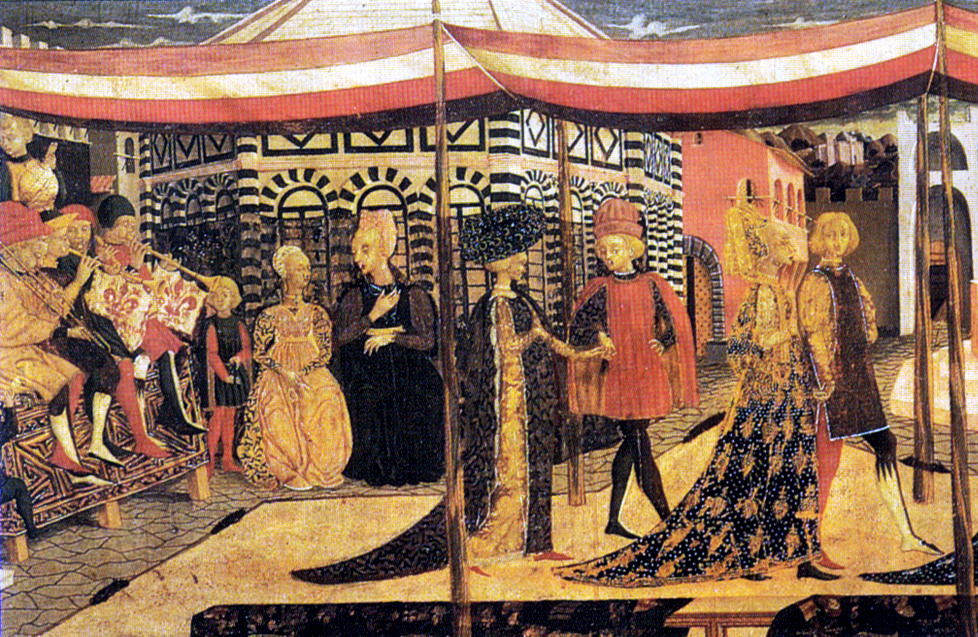Political Science Professor and Social network analyst John Padgett has created a unique and massive database of information related to Renaissance Florentine social connections and business practices. Drawing on primary archival sources and working over twenty years, his relational database tracks Renaissance Florence’s social-network evolution over the two hundred years, 1300-1500. This unprecedented data set contains information on about 60,000 persons: 10,000+ marriages, 14,000+ loans, 3,000+ business partnerships/firms, 40,000+ tax records, 12,000+ political-office elections, and other matters. Renaissance Florence was the arena for many history-altering organizational and technical inventions, in numerous domains, which Padgett studies primarily through tracing empirically and through modeling the catalytic co-evolution of multiple, cross-cutting social networks over time.
By tracking marriage alliances, business connections, rivalries, and patron-client relationships, the database offers is a unique resource for exploring a city which was, at the same time, an economic and cultural powerhouse and a very small and deeply interconnected community. The database’s web of third-order and fourth-order connections makes it possible to answer questions such as why the powerful Strozzi family chose one marriage alliance over another, by demonstrating how each potential marriage would have drawn the family closer to one neighbor (Milan) or another (Naples), granting access to one or another web of power.
In a number of deeply multidisciplinary papers based on this dataset, published in journals such as American Journal of Sociology, Theory and Society, Journal of Modern History, and Renaissance Quarterly, and a book entitled Emergence of Organizations and Markets, Padgett argues that Florence “can be considered the birthplace of mercantile capitalism” due to novel uses of money, art, science, and politics which created a new social alchemy of networks in Florence, in much the same way that a tetrahedral carbon atom takes on different properties depending on the elements it covalently binds to, and the links those elements make with other atoms. One consequence of this remixing of social networks was the birth of new organizational forms, such as international finance and the partnership system in economics and republicanism (both voting and speeches) in politics.
The presence of Professor Padgett and his database on campus is a unique resource for young scholars in training who want to add multidisciplinary database work to their scholarly tool kits. Especially for intellectual historians and scholars of literary questions of reception, transmission, and intellectual change, being able to trace webs of patronage and finance is invaluable in an era when a single manuscript book cost as much as a house, and a library required truly princely connections.
